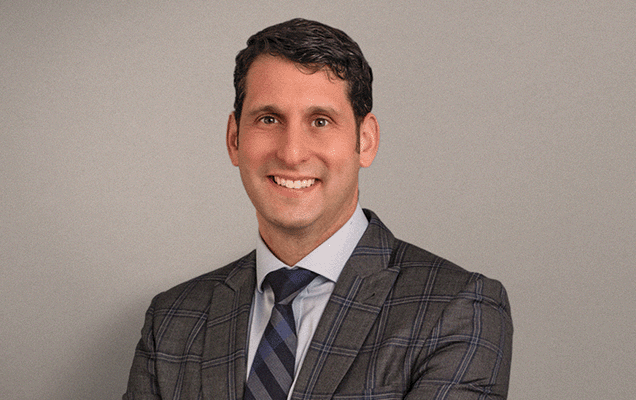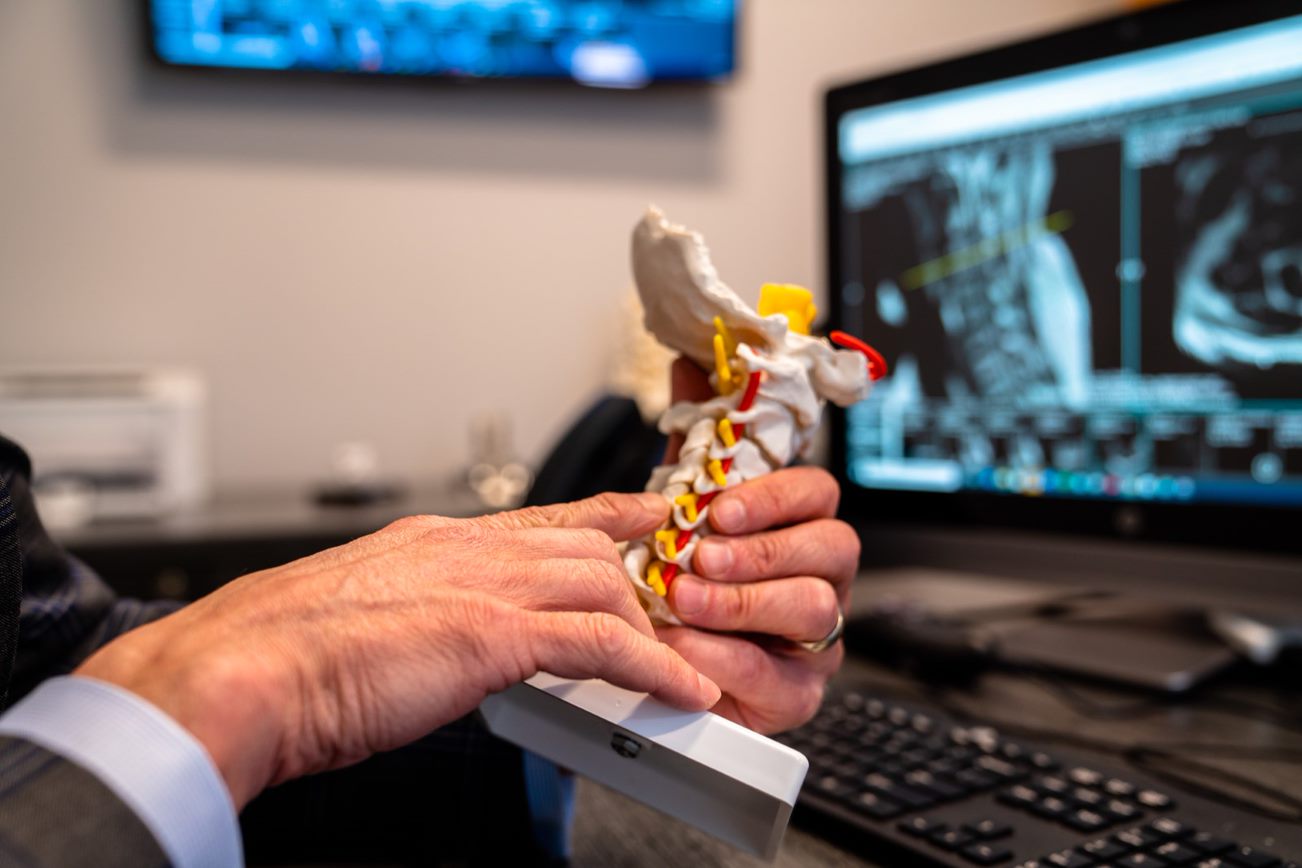Laser Spine Surgery or Traditional Surgery: A Comparison
In recent years, ‘laser spine surgery’ has become a very popular term and generated a lot of interest from people looking for relief from back pain. In this article, we will explore what laser spine surgery entails and how it differs from traditional spine surgery.
Laser Spine Surgery
Laser spine surgery is a term that has become synonymous with minimally invasive surgery. Minimally invasive spine surgery aims to reduce tissue damage, speed up recovery, and relieve chronic neck and back pain. It focuses on minimizing the amount of tissue that is affected to promote faster healing and relieve chronic neck and back pain.
It is important to understand that the term “laser” doesn’t mean that lasers are used to cut through bones or tissues. Instead, lasers are utilized for specific tasks such as shrinking herniated discs.
Who is a candidate for a minimally invasive procedure?
Some people have severe compression of the nerves in their spine that does not improve with conservative treatment.
These patients often benefit from surgery to relieve the pressure and pain. In order to do this, an incision must be made in order for the surgeon to access the compressed nerve.
The goal of minimally invasive surgery is to find newer ways of accessing the spine with minimal damage to the healthy surrounding tissues.
Advantages of Laser Spine Surgery:
• Minimally Invasive Surgical Procedure: Laser surgery involves small incisions compared to traditional surgery.
• Shorter Recovery Time: Due to the smaller incisions less blood loss and reduced muscle and soft tissue damage, patients usually recover faster.
• Reduced Scarring: Smaller incisions mean less visible scarring which is important for patients.
• Outpatient Procedure: In many cases patients are able to return home the same day since it is done on an outpatient basis
It’s important to note that not all spine conditions can be treated with laser spine surgery.
Conditions such as severe spinal instability spinal deformity may require traditional surgery for optimal outcomes.
Traditional Spine Surgery
Traditional spine surgery, also known as open surgery, has been the standard approach for many years. In this method, generally larger incisions are made to access the affected area of the spine, allowing the surgeon to directly visualize and address the problem.
• Versatility: Traditional surgery allows the surgeon to address a wide range of complex spine conditions, including those that may not be suitable for laser spine surgery.
• Direct Visualization: With a larger incision, the surgeon has a better view of the surgical area, which can aid in precise and comprehensive treatment.
It's time to get back to doing what you love.
Frequently Asked Questions:
Q: Does laser spine surgery get rid of back pain?
A: Laser spine surgery aims to alleviate back pain caused by certain spinal conditions. However, the success of the procedure depends on the individual case, the extent of the condition, and other factors. Complete pain relief may not always be achievable.
Q: Which spine conditions can be treated with laser spine surgery?
A: Laser spine surgery is often used to treat conditions such as herniated discs, spinal stenosis, and certain soft tissue abnormalities. However, it may not be suitable for complex spinal conditions or cases involving severe spinal instability.
Q: Is laser spine surgery right for me?
A: To determine if laser spine surgery is right for you, it’s crucial to undergo a thorough evaluation by an experienced spine surgeon. They will consider your medical history, the severity of your condition and any other relevant information to recommend the appropriate treatment.
Laser spine surgery and traditional spine surgery each have their benefits and applications. Laser spine surgery, with its minimally invasive techniques and smaller incisions, can provide advantages such as reduced recovery time and minimal scarring.
However, it may not be suitable for complex spinal conditions that require the versatility and direct visualization offered by traditional open surgery.
If you are experiencing back pain or have been diagnosed with a spinal condition, it is essential to consult with a qualified orthopedic surgeon.
They will conduct a thorough evaluation to determine the most appropriate treatment plan tailored to your specific needs, whether it involves laser spine surgery, traditional surgery, or alternative non-surgical approaches.
Remember, the best treatment decision is one made in collaboration with your healthcare provider, considering your unique medical history and individual circumstances.
Don’t suffer in pain any longer! Contact our office today to schedule a consultation with one of our board- certified surgeons.

About Dr. Seth Grossman
Dr. Seth Grossman is a board-certified, fellowship-trained orthopaedic spine surgeon. He has been involved in clinical research throughout his medical training and has been published in several peer-reviewed journals. Dr. Grossman prides himself on first exhausting all non-surgical treatment options. When surgery is necessary, he employs surgical techniques that will achieve the best results for his patients while causing the least amount of pain and allowing the fastest recovery possible. He is passionate about combining medicine and technology. He specializes in robotically assisted spine surgery, disc replacement surgery, and minimally invasive techniques for both spinal decompression and spinal fusion surgery.






